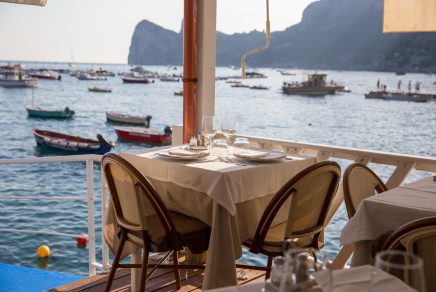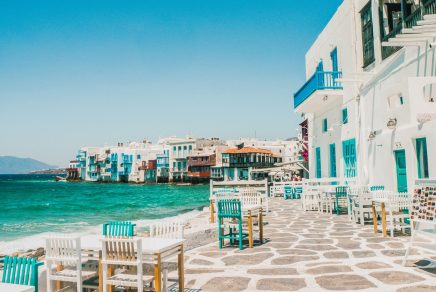Tourists are not the only ones who travel. In fact, the products and foods we consume often travel many miles before reaching our plates. This is especially true of olive oil, which has been making its way around the Mediterranean for thousands of years. Want to know more about the history of olive oil in Greece? Welcome aboard!
This refined product, a symbol of Mediterranean culture that you may even consume almost daily, is known here as ‘green gold’. Tracing its origins through oleotourism is an original way to immerse yourself in Greek gastronomic traditions, meet its artisans and take home a unique souvenir.
This is more than just a simple ingredient; it’s one of the most sought-after oil in the world, a journey through the history, culture and enchanting landscapes of this fascinating country. Whether you’re a food lover or a history buff, this trip will leave you with lasting memories.
3 varieties of Greek olives for olive oil production in Greece
- Manaki Olive: Known for its particularly fruity, mild and very fragrant flavour.
- Koroneiki Olive: Famous for its ability to adapt to the hottest temperatures. This green-yellow olive has a more acidic and slightly fruity flavour.
- Tsounati Olive: From some of the oldest olive trees in Greece, it has an amber colour and a distinct peppery finish.
Visit olive oil producing regions to find out which is the best olive oil in Greece
To taste the best olive oils, you have two choices: stay in the Peloponnese or head to Crete.
In each of these regions, wild olive trees, the source of exceptional products, can still be found. In Crete, for example, you will notice more thyme and oregano aromas, while in the Peloponnese, citrus notes are more present.
What makes Greek olive oil unique is the protection of different olive varieties based on their production locations. In fact, did you know that regional products must comply with a designation of origin in order to use the official name? Just like champagne or Munster cheese!
Is olive oil cheap in Greece and why is it so special?
The price of olive oil in Greece varies according to quality, region of production and method of production. In general, extra virgin olive oil, the purest and most sought after, is sold at higher prices. Small 500ml bottles can cost between €8 and €15, while one-litre bottles cost between €15 and €25. Olive oils produced in limited quantities, from hundred-year-old olive trees or through organic farming can fetch even higher prices.
Despite this, olive oil remains an accessible product in Greece, offering excellent value for money compared to what is often found abroad.
Where to buy olive oil in Greece: Crete
Vouves
On Crete, take a short detour to Vouves to admire one of the oldest olive trees in the world. The nearby Vouves Museum provides information on the conservation of olive trees. You can see an interesting collection of historic tools used for harvesting.
If you’ve already visited the museum in Sparta, this stop may not be necessary. Instead, visit the Biolea olive grove, which produces Kolymbari olive oil, considered one of the best in the world. The estate offers beautiful scenery and visitors can learn more about the olive oil production process.
Paleochora
The Paleochora region in southern Crete is a favourite. The Tsounati variety of olive oil is particularly noteworthy. Derived from some of the oldest olive trees in the world, some over 3000 years old, this type of oil is prized for its unique qualities. The olives are hand picked and produce a sweet, rich oil full of flavour and character.
This oil is often used in the local cuisine, especially in the speciality lentil soup with olive oil.
The best olive oil in Greece: Peloponnese
The Sparta Museum
A great way to start your journey is to visit the Olive Oil Museum in Sparta, a small town in the Peloponnese. You’ll learn about the history of this product in Greece, understand the evolution of its production methods and grasp the importance of olives in Greek culture. It’s an enriching immersion into the past and present of olive oil.
Workshops are also organised for enthusiasts of all ages, where you can learn to taste different types of olive oil and even make your own olive oil-based body products.
The museum is surrounded by olive groves. After your visit, enjoy a walk through the orchards and discover for yourself the beauty of these ancient trees. It’s the perfect opportunity to appreciate the tranquillity and splendour of the Greek countryside.
Kalamata
In the southern Peloponnese, head to Kalamata, a village famous for giving its name to a variety of olive. The area is renowned for its black olives. Stop at the Mercouri Estate near Pyrgos to admire its vast olive fields. The estate is stunning and offers incredible panoramic views. In a warm atmosphere around large tables you can taste high quality wine and olive oil.








